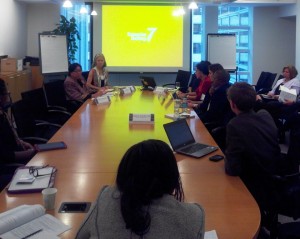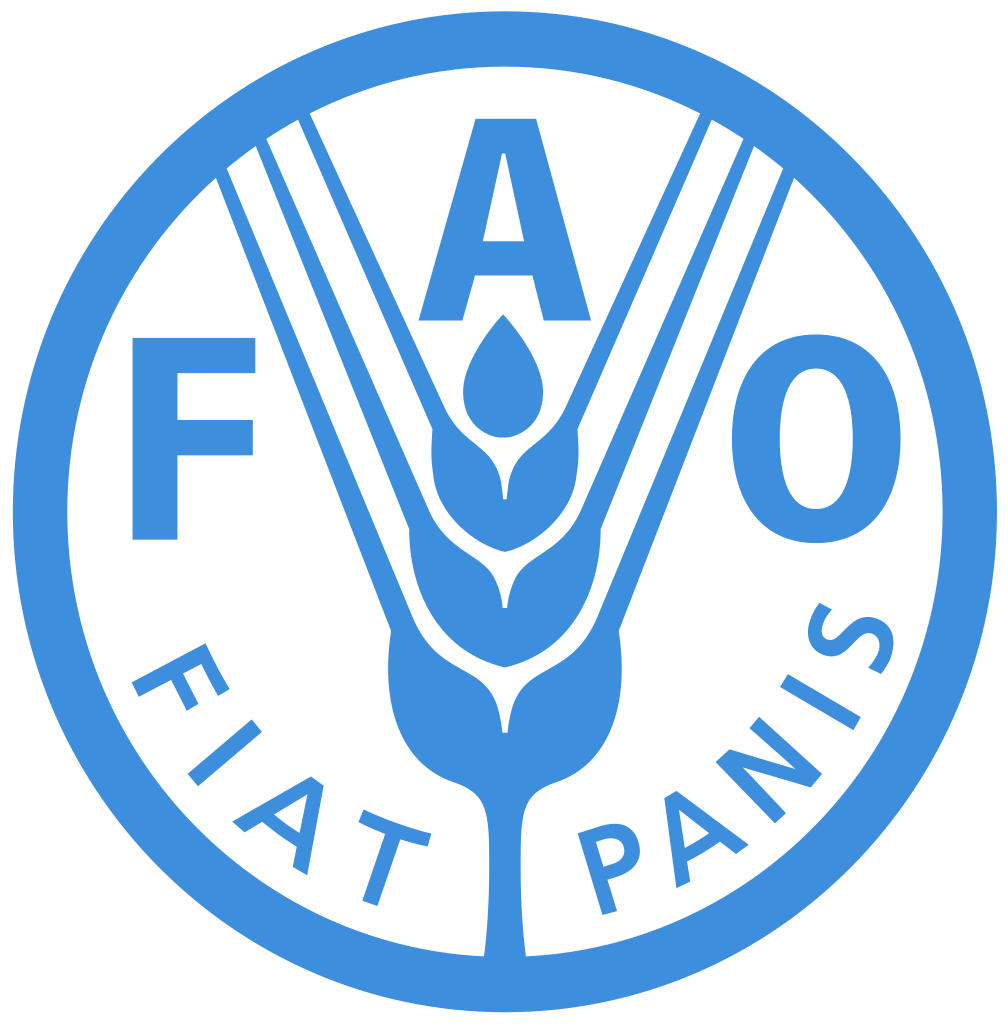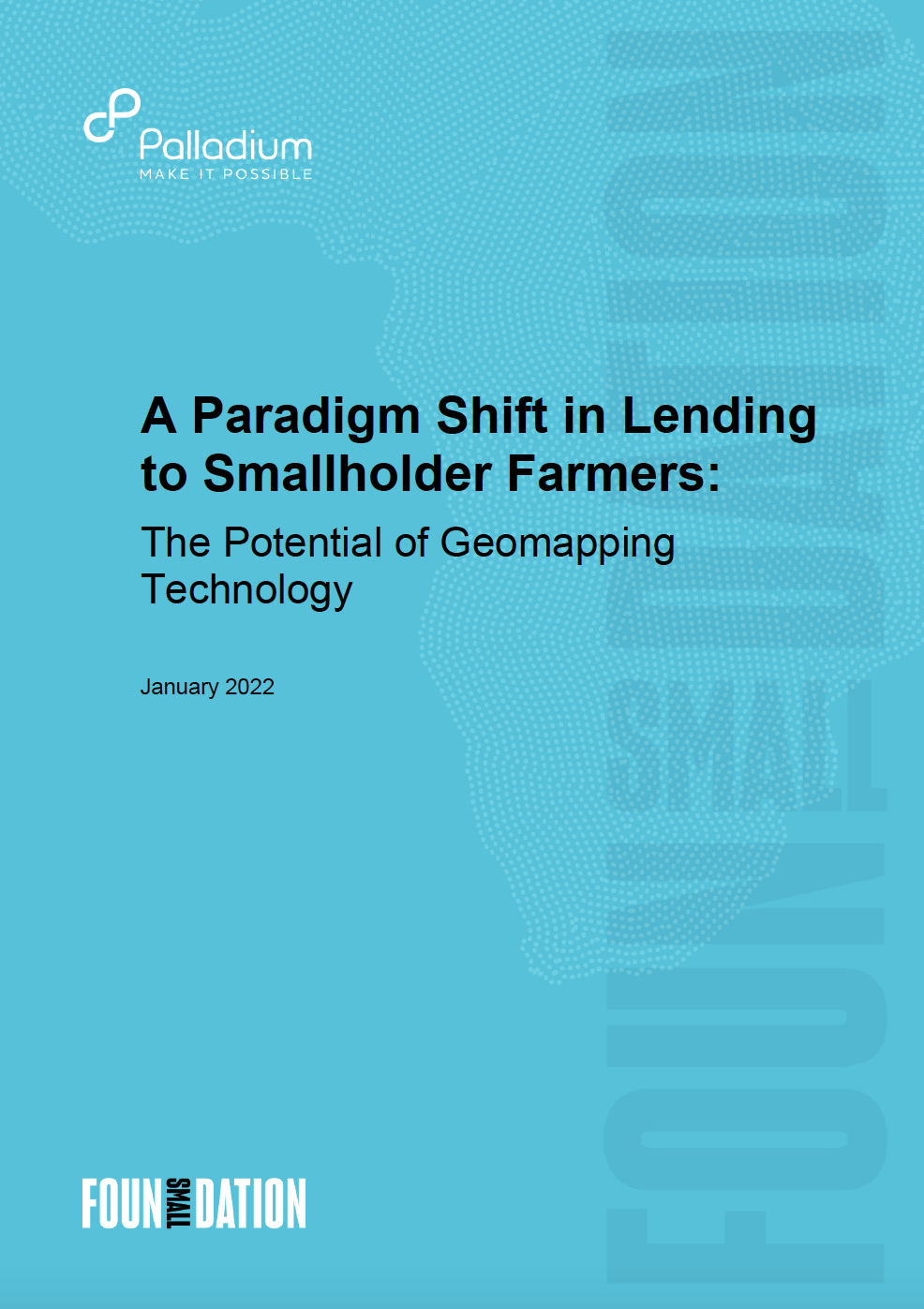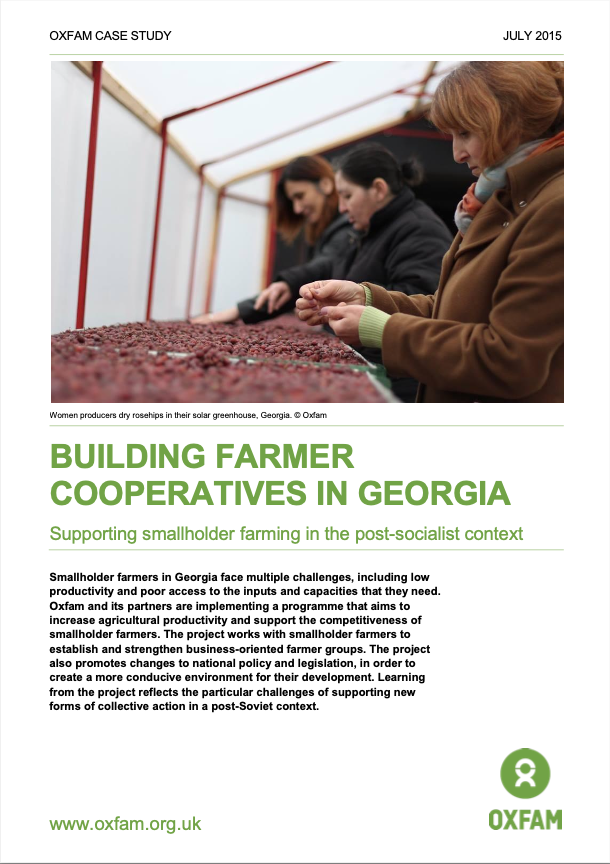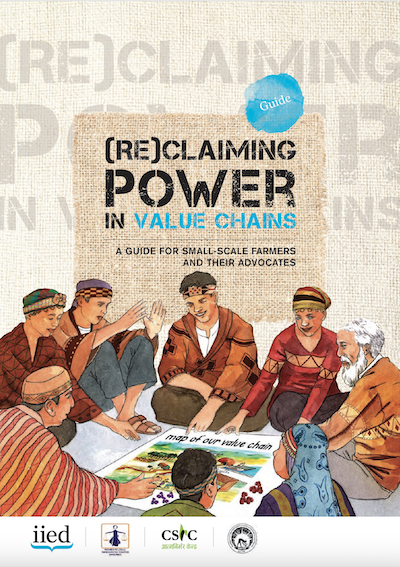Adapting with enthusiasm : climate change adaptation in the context of participatory action research
The core of this successful climate change adaptation project is the quarterly climate change preparedness workshops conducted every 3 months. These provide a platform for reporting back to the larger community, to share new ideas with fellow farmers and scientists, and to plan next steps. Through a case study of Rooibos tea growers, this paper documents a community-based climate change adaptation project in the Suid Bokkeveld district of South Africa.
WOMEN’S LAND RIGHTS, GENDER-RESPONSIVE POLICIES AND THE WORLD BANK
This paper was prepared for presentation at the “2015 World Bank Conference on Land and Poverty” in Washington DC last March 23-27, 2015 by Violeta P. Corral of the National Confederation of Small Farmers and Fishers Organizations (PAKISAMA), Philippines.
The Gender Evaluation Criteria (GEC) project was jointly implemented by PAKISAMA and Asian Farmers Association (AFA), support by the International Land Coalition (ILC).
Land conflict resolution: case studies in the Philippines
This article summarizes the nature of land-related conflicts in the Philippines within the context of the prevailing agrarian situation throughout the country. An analysis of the agrarian institutions and different types of development that have occurred in a number of regions provide a broad representation of the current situation.
A Paradigm Shift in Lending to Smallholder Farmers
A new report by Small Foundation and Palladium looks at the viability of geomapping as a tool to close the smallholder farmers’ financing gap and improve their livelihoods.
Agriculture and Rural Cooperation: Examples from Armenia, Georgia and Moldova
This paper was prepared within the “Cooperatives and their alternatives” component of the Agrarian Structures Initiative (ASI) which a regional program of FAO in Europe and Central Asia. This paper outlines some of the main issues influencing the development (or not) of farmer and rural organisations and presents in further detail the specific situation in Armenia, Georgia and Moldova. All three countries returned ownership of the majority of land to the rural population.
Building Farmer Cooperatives In Georgia
Smallholder farmers in Georgia face multiple challenges, including low productivity and poor access to the inputs and capacities that they need. Oxfam and its partners are implementing a programme that aims to increase agricultural productivity and support the competitiveness of smallholder farmers. The project works with smallholder farmers to establish and strengthen business-oriented farmer groups. The project also promotes changes to national policy and legislation, in order to create a more conducive environment for their development.
Development and Scaling of Sustainable Feeds for Resilient Aquatic Food Systems in Sub-Saharan Africa: A systems theory of change
To understand the aquatic feed sector in Zambia, Kenya and Nigeria and to inform subsequent impact
assessments of the Norad-Fasa project, the monitoring, evaluation, learning and impact assessment (MELIA)
unit at WorldFish, together with implementing partners, organized 2-day workshops across the three
countries. Using a participatory systems approach, the workshops brought together representatives of
governments, nongovernmental organizations (NGOs), the private sector and farmers associations, as well
Scoping Study Report: Potential Existing Value Chains in the North-West Region of Tunisia
The objective of this report is to select the main value chains with potential to integrate the agroecological principles in the Northwest of Tunisia. A descriptive analysis on the two governorates chosen was first made, then 4 focus group discussions were organized with local farmers associations. The VC assessment according to agroecological principles conducted with the main actors places the olive oil VC as the major value chain with agroecological character.
Climate finance strategies to reach the most vulnerable
Building resilience with climate finance includes ensuring that income and investment opportunities reach vulnerable groups with targeted information, education, and finance. This includes financial literacy training and access to credit in small and affordable increments. Mobile money is one model: in Kenya 194,000 moved out of poverty, the majority female-headed households. Other models for accessible climate finance at the local level include farmers associations, women’s organizations and VSLAs (village savings and loans).
(Re)claiming power in value chains: A guide for small-scale farmers and their advocates
This guide is intended to support smallholder farmers, and advocates working closely with them, in exercising more agency and living more independently according to their own priorities. It aims to assist smallholders in making free choices in relation to farm production, markets and trade. Farmers with agency can negotiate with, and challenge, the people and institutions that affect their lives.



